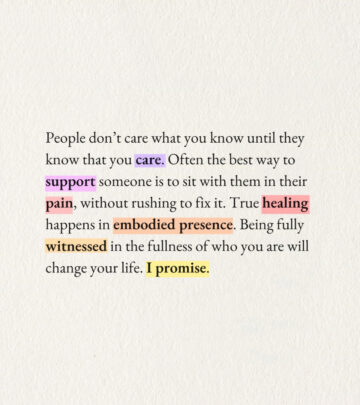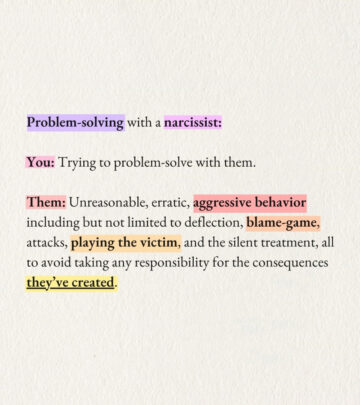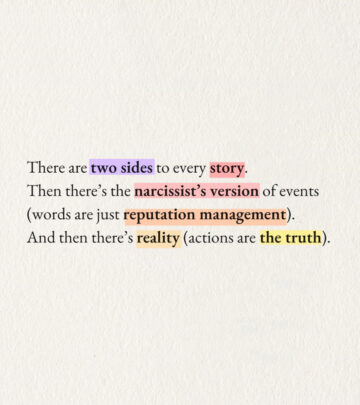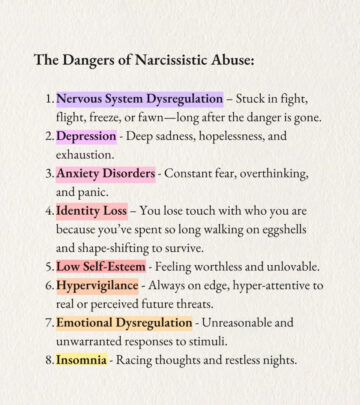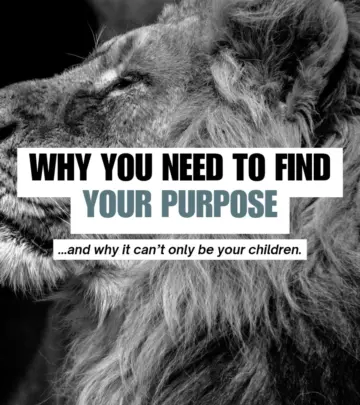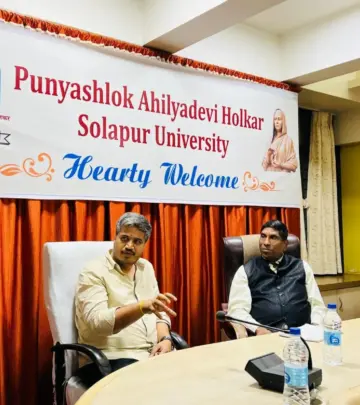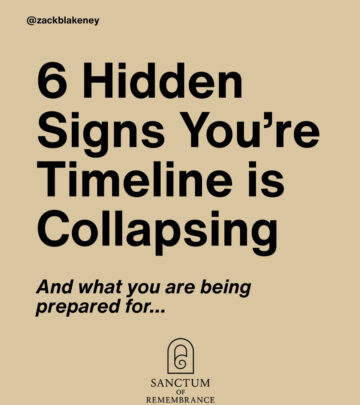Self-Care Reflection: Societal Pendulum Swings
Exploring cultural contradictions and seeking balance in our rapidly shifting world today.
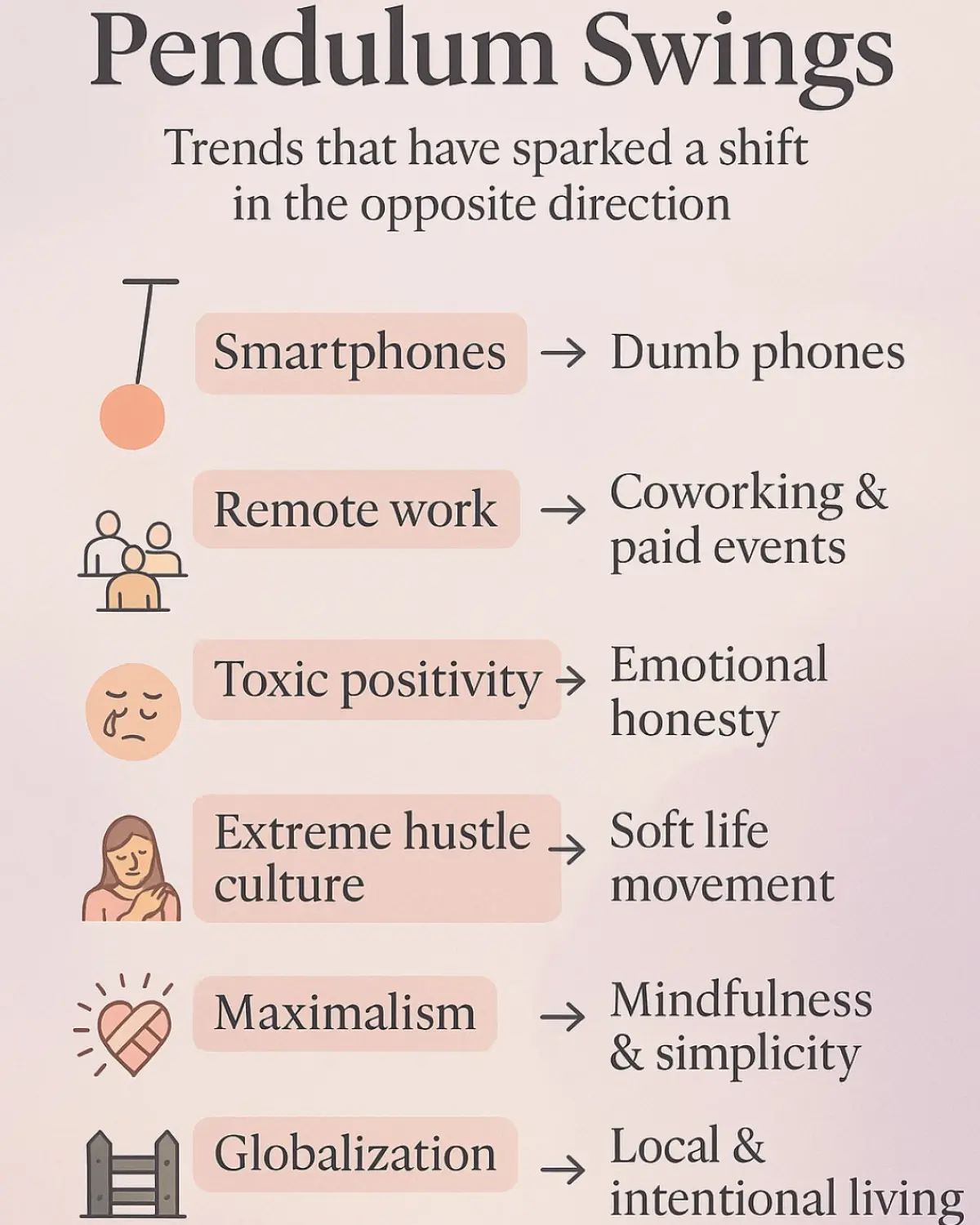
Image: Instagram
Brian Comstock, widely known as @brian.comstock, took a reflective Self-Care Sunday to share his insights on some of the most paradoxical shifts in modern society. In his candid post, he lists several cultural pendulum swings—from the fascination with dumb phones to the growing embrace of soft life movements—that serve as a reminder of the period of overcorrection we seem to be experiencing in today’s world.
The Great Societal Pendulum Swings
Comstock opens his post by noting, “Life. The world. All of it.” This succinct statement encapsulates his perception that everyday existence is a series of conflicting extremes. He draws attention to how society oscillates between two opposites: from burnout to emphasizing boundaries, from the pursuit of happiness through feel-good content to the conscious shift towards acknowledging toxicity. Each bullet in his list reflects a deliberate shift in the cultural zeitgeist.
For instance, consider the transformation from smartphones to dumb phones—a trend that points to a growing need for focus and a break from constant digital distractions. In an age where our screens dictate the pace of life, this swing towards simpler technology signifies a broader yearning for genuine connection and mindfulness. Equally notable is the transition from remote work’s isolating setups to the social and collaborative vibe of coworking spaces, which underscores our inherent need for community and interaction.
Navigating Contradictions In Modern Life
Beyond technology, Comstock highlights shifts in the way we consume and process information. The evolution from happiness books to content emphasizing toxicity-awareness represents a deeper change in attitude: society is gradually rejecting superficial positivity in favor of a more honest assessment of emotional health. It is a move that not only acknowledges the reality that “it’s okay to not be okay” but also prods us to confront and understand the roots of our distress.
Another significant observation from his reflection is the change from the culture of toxic positivity to a more balanced approach of emotional honesty. The insistence on always sporting a smile and masking pain is being replaced by a culture that values vulnerability and genuine emotional expression. This shift is equally mirrored in other areas of culture, such as in the transition from hustle culture to the emerging soft life movement, where taking time to rest and setting clear boundaries has become a badge of honor.
In today’s labyrinthine society, these shifts are not isolated phenomena but interwoven aspects of our collective attempt to find balance. Comstock also notes the move from maximalism to mindfulness and simplicity—a trend that has seen many trading their cluttered lifestyles for those that emphasize decluttering, slowing down, and embracing intentional choices. Similarly, the swing from blind trust in big tech to a more cautious stance marked by tech skepticism speaks volumes about contemporary concerns regarding privacy and decentralization.
The conversation even delves into identity and how therapy and mental health are perceived. Once considered taboo, therapy is now increasingly seen as an integral part of one’s identity and well-being. It is a social shift that acknowledges mental health as a vital area requiring open dialogue and support, challenging the stigma that once surrounded the very act of seeking help.
Bridging Reflection With Broader Cultural Trends
What makes Comstock’s post resonate is not just the list of contrasting trends but the invitation for community dialogue. He directly asks his audience if they see these pendulum swings in their own lives, effectively bridging a personal observation with a broader cultural commentary. The post taps into a shared sense of dissonance—a recognition that while society seems to swing wildly between extremes, there is a common desire for equilibrium.
Interestingly, while this post focuses on self-care and reflection, it aligns with some of Comstock’s earlier moderated commentaries on topics like the dynamics of selfish behavior and manipulation in personal relationships. Although those posts centered on unpacking narcissistic tendencies and toxic patterns, they similarly underscored the necessity of setting boundaries and reclaiming one’s emotional space. In both instances, the underlying message is about protecting one’s peace and nurturing a balanced life in the midst of chaos.
Comstock’s reflective narrative comes at a time when many are questioning whether our unfulfilled pursuit of constant productivity and happiness is worth the cost of our mental and emotional well-being. His observations call for a reexamination of how we engage with modern culture—emphasizing that self-care and authenticity are not luxuries but essential parts of a healthy lifestyle. As debates continue over the merits of hustle versus rest, and technological advances versus digital detox, his post offers both a mirror and a map for those navigating these turbulent cultural trends.
Ultimately, the appeal of Comstock’s insights lies in their simplicity and relatability. By laying out clear examples of our current cultural contradictions, he provides a framework for understanding where we stand as a society—and where we might be headed if balance remains the elusive goal.
In a world of constant change and conflicting messages, taking a moment to reflect, as Brian Comstock has done, might just be the first step toward meaningful collective healing and a more intentional way of living.
Read full bio of Nisha Bharatan



